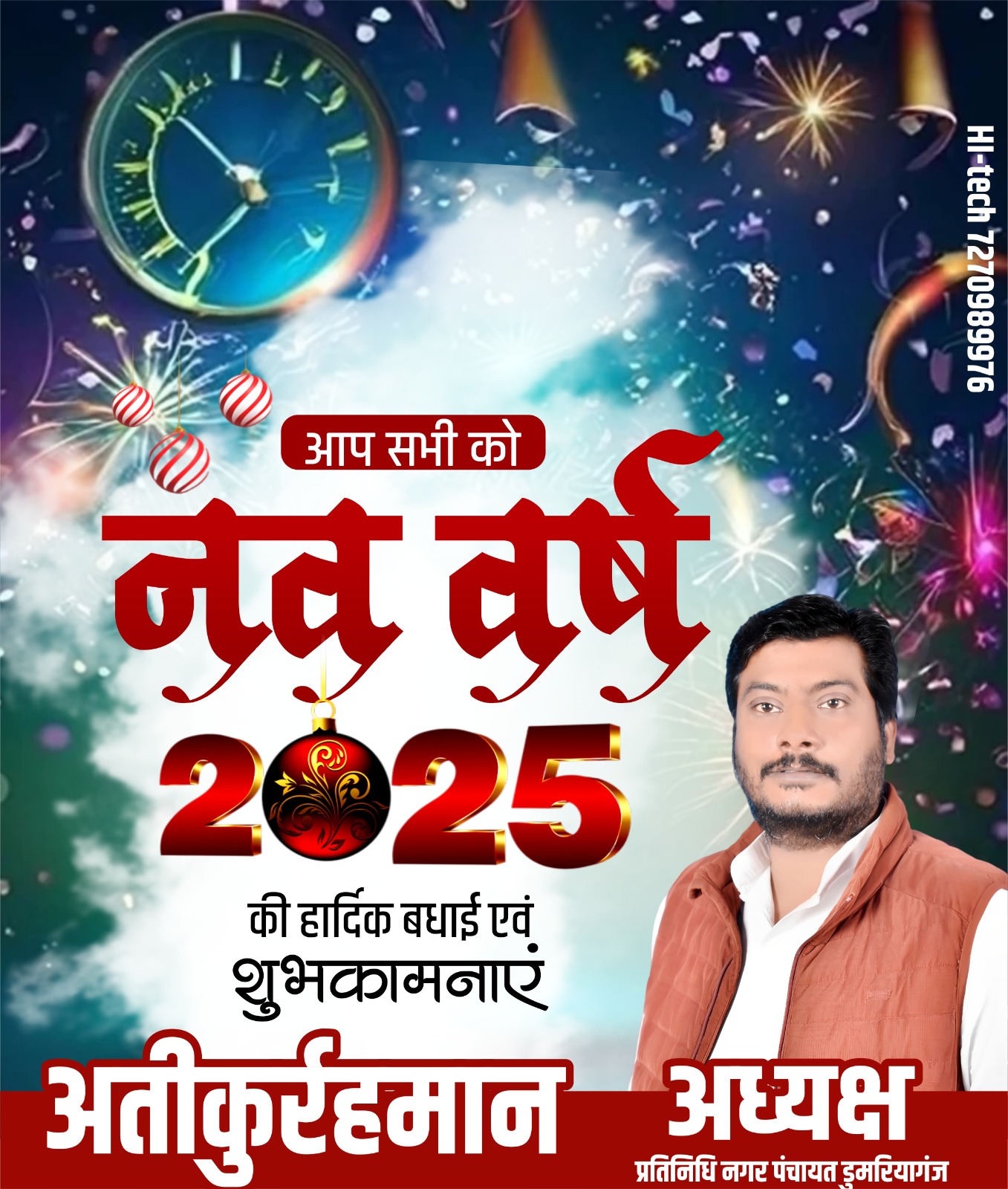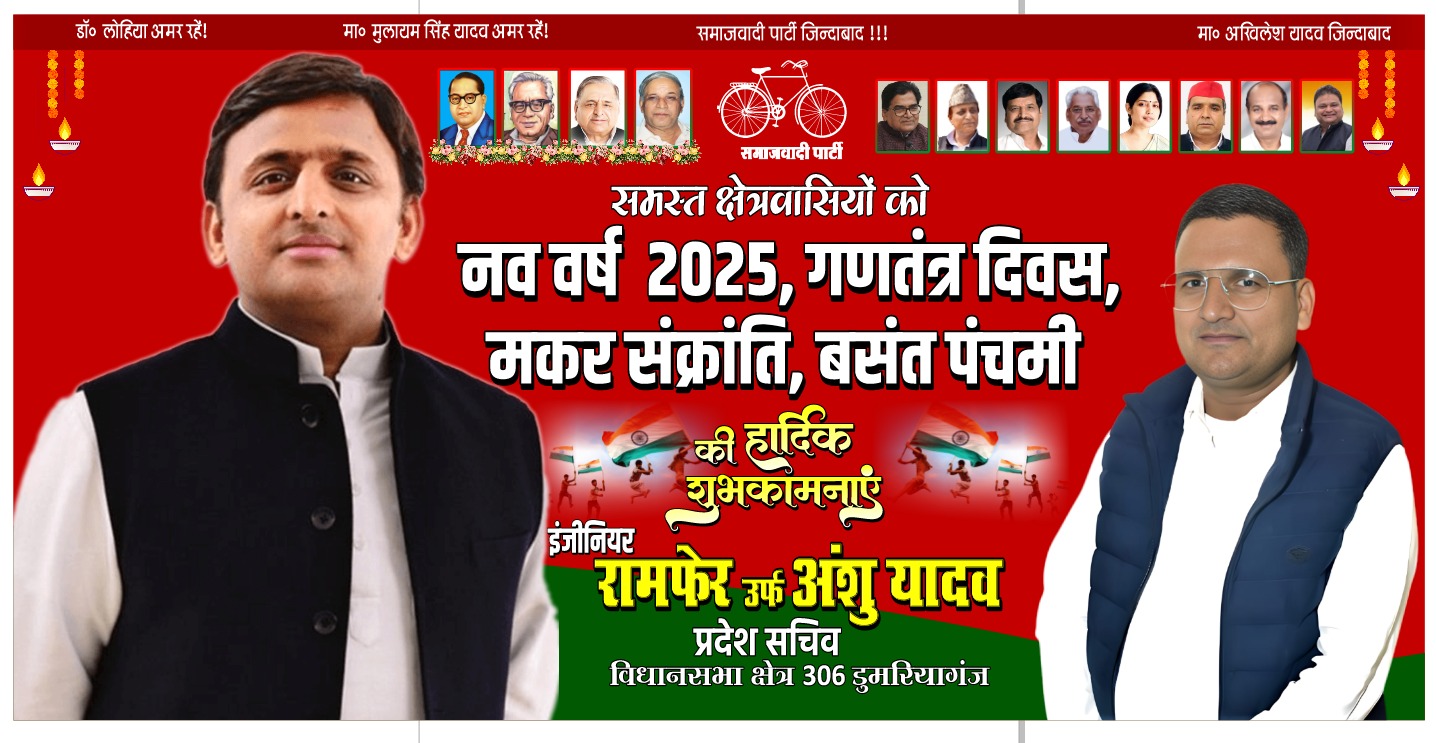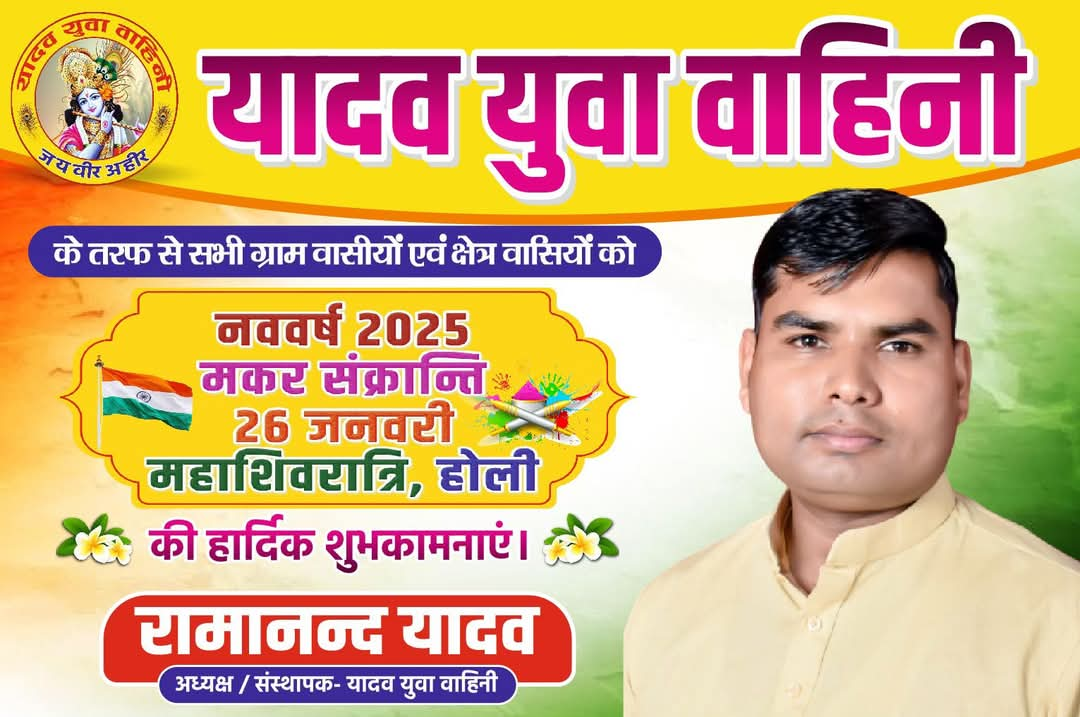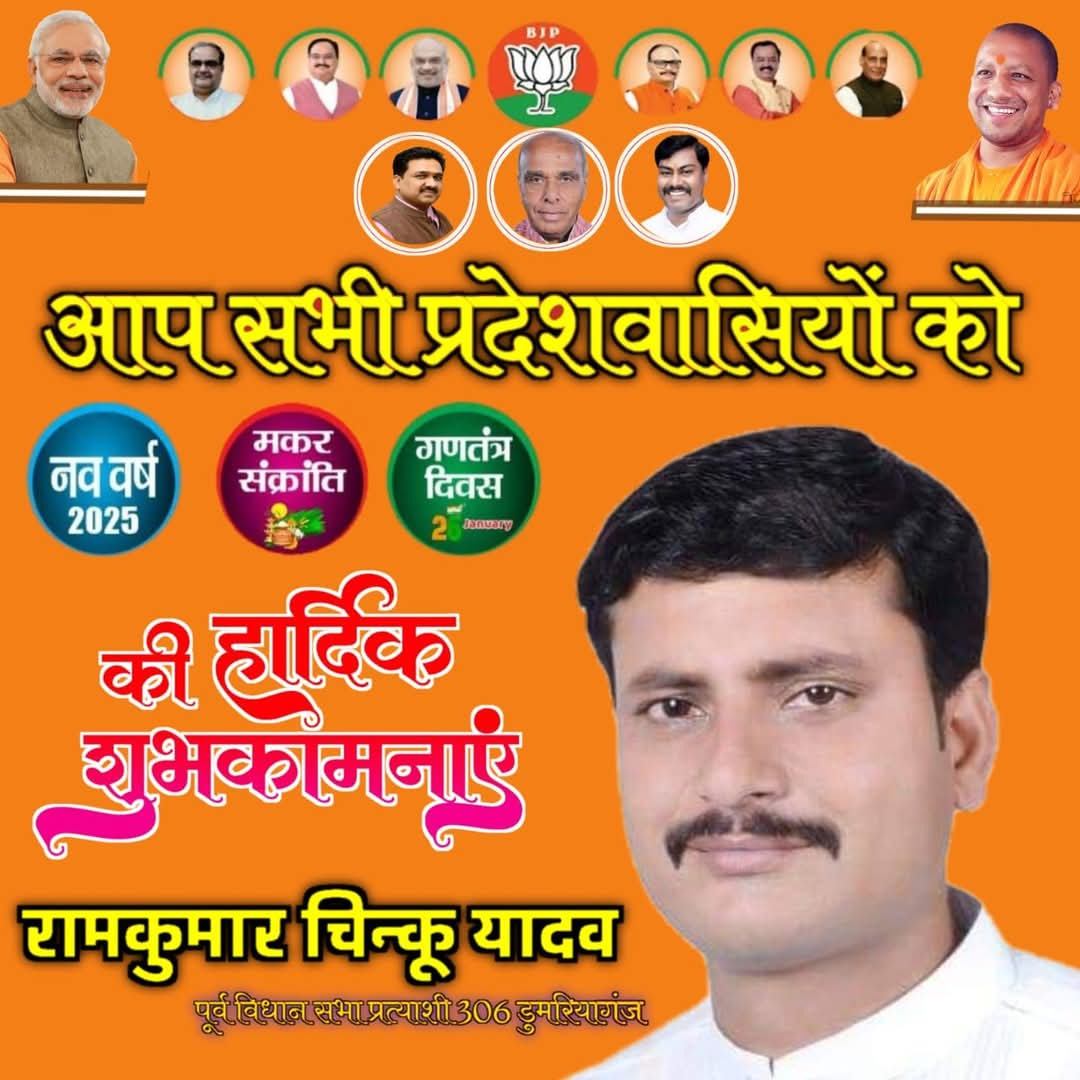Picture this: you’re ankle-deep in Glastonbury’s infamous mud, surrounded by thousands of strangers, the air buzzing with the thrill of live music. Olivia Rodrigo’s belting out heartbreak anthems, Neil Young’s strumming his way through decades of grit, and Charli XCX is driving the crowd wild.
But then, on the West Holts Stage, a lesser-known duo called Bob Vylan grabs the mic and shifts the vibe. “Free, free Palestine!” Bob Vylan shouts, his voice raw with conviction. The crowd joins in, chanting “Death to the IDF” as a screen behind him flashes, “The UN calls it genocide. The BBC calls it a ‘conflict.’”
It’s a gut-punch moment, broadcast live by the BBC until they pull the plug. Social media explodes—some cheer, others rage.
Story continues below this ad
The next day, Bob’s on Instagram with a defiant “I said what I said,” admitting he’s getting love and hate in equal measure. British police start sniffing around, and the US announces that the bands visas will be revoked. In justification Deputy Secretary of State Christopher Landau wrote on X, “Foreigners who glorify violence and hatred are not welcome visitors to our country.”
Suddenly, Glastonbury 2025 isn’t just about music—it’s a battleground.
This wasn’t Glastonbury’s first political rodeo. Even before the festival kicked off, UK Prime Minister Keir Starmer was grumbling about Kneecap, an Irish rap crew whose member Mo Chara got slapped with a terrorism charge for allegedly waving a Hezbollah flag at a 2024 gig in London.
Starmer didn’t think they belonged at Worthy Farm. Kneecap didn’t care—they’d already stirred things up at Coachella earlier in 2025, chanting “Free Palestine” and flashing anti-Israel messages, only to lose their US visa sponsor.
Story continues below this ad
Festivals like these aren’t just parties; they’re places where people – artists and fans alike – wear their hearts and their politics on their sleeves.
Nothing amplifies this sentiment more than Woodstock. In 1969, over 400,000 people crammed onto a New York farm while the Vietnam War and racial violence tore America apart. Jimi Hendrix didn’t just play “The Star-Spangled Banner,” he turned it into a howl of protest, his guitar screaming like bombs and sirens. Country Joe’s “Fixin’-to-Die” had the crowd singing along, half-laughing, half-furious at the war machine.
Bruce Springsteen explained it years later saying, “artists sing and think to throw in our two cents, right in front of everyone. Maybe people don’t come to concerts for politics, but we can get them thinking about the big stuff together.”
Then there’s the Concert for Bangladesh in 1971. George Harrison saw a war-torn crisis with refugees, famine, horror, and decided to do something. He got Bob Dylan, Eric Clapton, and others to play, raising millions for UNICEF. But it wasn’t all feel-good. Pakistan’s government, cozy with US President Richard Nixon, was livid that Harrison shone a spotlight on the conflict. Nevertheless, it showed how music can be a megaphone for the voiceless, even if it ruffles powerful feathers.
Story continues below this ad
Live Aid in 1985 was another game-changer. Irish singer Bob Geldof, fed up with the Ethiopian famine, rounded up everyone from Queen to U2 for a global concert that pulled in over $125 million. Asked why he did it, he said he’d being trying to raise awareness to the humanitarian crisis in Africa for months. I was “dialling 999 for six months, but the ambulance never came.,” he said.
Live Aid was proof that musicians could outdo politicians in rallying people. But it wasn’t perfect—years later, whispers surfaced that some money got tangled up with armed groups, and Geldof found Ethiopia still struggling when he visited. It was a painful reminder that good intentions don’t always mean clean results.
To those familiar with Glastonbury, politics isn’t new. Glastonbury’s always had that rebel spirit. It started in 1970 as a scrappy £1 hippie fest, dreamed up by Michael Eavis. Now it’s a £400-ticket giant, with corporate sponsors and beefy security.
Some old-timers grumble it’s lost its edge, especially after 1990, when clashes with New Age travellers forced it to tighten up. But the politics never left. In 2016, Brexit cast a shadow, and Adele told the crowd to “look after each other.” In 2019, Stormzy got everyone yelling “F— Boris” about the then-Prime Minister. This year, Kneecap aimed the same at Starmer.
Story continues below this ad
It’s like Glastonbury’s a place where the world’s frustrations get a mic. It’s not just Glastonbury, though. In 1985, Brazil’s Rock in Rio was a victory lap after a brutal dictatorship fell. Serbia’s EXIT Festival was born in 2000 from kids fighting to oust Milošević, turning music into resistance. And in 2025, Georgia’s Tbilisi Open Air became a full-on protest, with bands like LoudSpeakers slamming the pro-Russian government and calling for freedom.
Festivals are where music and heart collide with the world’s chaos. When Bob Vylan or Kneecap take a stand, they’re following a path carved by Hendrix, Harrison, and countless others. Sure, it can backfire—visa bans, police probes, or fans turning away. But standing in that crowd, chanting, feeling the pulse of thousands who agree, it’s electric. It’s a reminder that music doesn’t just entertain, it can shake things up, make you think, and maybe, just maybe, change the world a little.
























